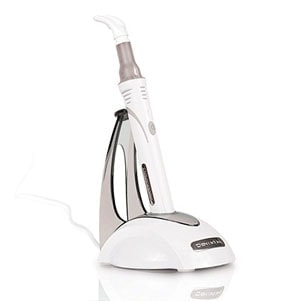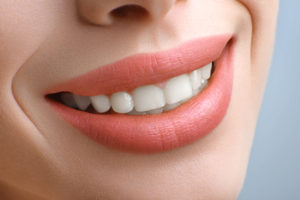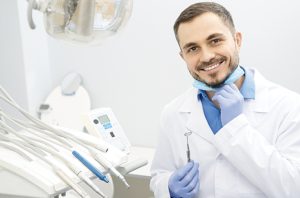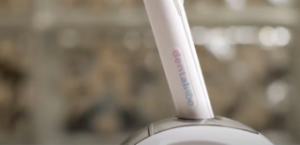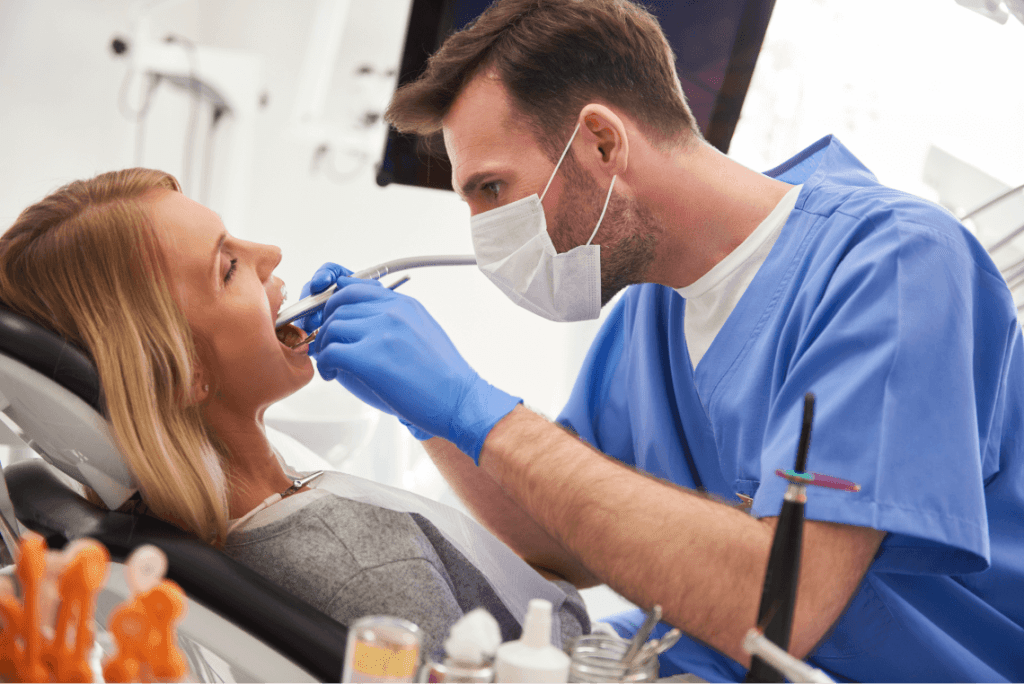Do you often get cavities, even though you practice good oral hygiene? Does it seem like every time you go to the dentist, you end up needing another filling? Even if you brush and floss your teeth regularly, you could simply be prone to cavities. Find out why some people are more susceptible to tooth decay, and learn how you can reduce the risk of future cavities.
Can you be more prone to cavities?
Yes, some people are more prone to cavities. This can stem from a variety of factors, some of which are within your control, such as diet. Other factors, such as tooth shape or dry mouth, may be unavoidable, but can sometimes be addressed with more diligent dental hygiene or other measures.
Diet
Cavities are a type of tooth decay in which damaged areas of your teeth develop into tiny holes. This tooth decay occurs because of bacteria that grow on the teeth. One of the most common causes of cavities is eating a high-sugar diet, which feeds the bacteria in the mouth. Unless you brush your teeth immediately after drinking and eating, sugars can stay on your teeth, and the bacteria in your mouth will multiply.
People who eat a lot of candy, pop, juice, wine, and refined carbohydrates like white bread will be more prone to cavities.
Try to replace these foods with healthier alternatives. For example, instead of cookies or candy, snack on fruits and vegetables. Drink lots of water, and eat more complex carbs. Additionally, if you do eat or drink a sugary item, try to brush your teeth soon after — but wait at least half an hour after eating any acidic foods, as brushing the acid into your tooth enamel can cause damage.
Tooth shape & alignment
Your tooth shape and alignment can also make you more vulnerable to cavities. If you have teeth with lots of grooves and dents, it’s easier for food to get stuck in these indentations. Regular brushing and flossing may not be enough to remove these food particles, which can lead to cavities.
Similarly, people with crowded teeth will also find themselves more prone to cavities. Crowded teeth simply leave more opportunity for food particles to get trapped in your mouth.
If you have these issues, it’s important to floss and brush your teeth regularly and see your dentist often for cleanings. You’ll have to be proactive to keep your teeth clean and catch early signs of a cavity.
Enamel strength
Tooth enamel is the exterior barrier that protects the inside of the tooth. Everyone’s tooth enamel is different, with some people having stronger-than-average enamel and others naturally having weak enamel. Unfortunately, if you have soft enamel, you’ll be more prone to cavities. Individuals with weak enamel will see this barrier break down faster, leaving the teeth vulnerable to cavities.
Individuals with weak enamel can’t fix it, but they should be diligent about oral hygiene and see their dentist regularly.
Receding gums
As gums recede, they expose the root of the teeth. Roots don’t have protective enamel, so they are highly vulnerable to cavities.
Unfortunately, you can’t reverse the gum recession after it happens. However, you can take action to stop your gums from receding further. Talk to your dentist immediately if you believe you have receding gums.
Saliva
Saliva helps to naturally rinse out our mouths. Individuals with a dry mouth will have food particles that remain in the mouth and on the teeth, making them more susceptible to cavities. Many people suffer from a dry mouth due to medications or certain health conditions. If you notice you have a dry mouth, it’s important to drink water throughout the day. If your dry mouth is caused by medication, talk to your doctor about switching to a medication that doesn’t have the same side effects.
Oral bacteria
Some people’s natural oral microbiome is more aggressive than others. A healthy microbiome and immune system mean your body can fight off bacteria much better than others.
Individuals with a weaker microbiome can benefit from adding mouthwash to their oral hygiene routine for the added protection.
How many cavities are normal?
It’s estimated that 92% of adults between the ages of 20-64 have had at least one dental cavity. Adults in the same age range have 3.28 cavities on average. If you have had more than three cavities since the age of 20, you are likely prone to cavities and may want to speak to your dentist about additional preventive steps you can take.
Need to find a dentist? Visit our directory to find a DentalVibe certified pain-free dentist near you!

